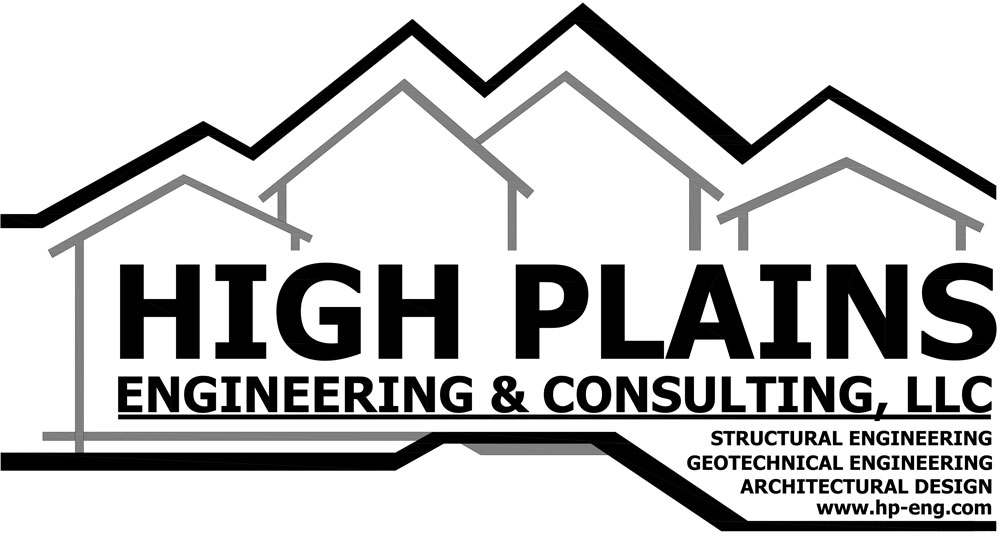The Link Between Geotechnical Engineering and Soil
No matter what you are building, you must check the soil. Testing looks into the soil minerals, rocks, and Earth strata on development land. Geotechnical engineering is the practice of checking the soil and rock mechanics to assess subsurface conditions. These elements affect building strategy, as there is a strong link between soil mechanics and foundation engineering. When you build in Hudson, CO, you must invest in geotech soil testing. Here is an overview of why this is important.
Why worry about soil?
Soil has served as foundation support for thousands of years. Most of what we know today about foundation engineering arose from trial and error as our ancestors built structures and assessed their stability. Even now, our grasp of soil mechanics changes each year as knowledge and technology expand.
The challenge with soil is that it’s perfectly natural, and what you find is what you must work with when it comes to construction. The soil varies between locations and is frequently unpredictable. It is not unusual for soil quality in one lot to be completely different than that in a neighboring lot. Therefore, geotech soil testing must occur in each location, even if an adjacent lot in Hudson, CO was recently tested.
Soil and construction
Soil is first and foremost a construction material. It continues to be an ingredient in modern building materials like bricks, cement, wood boards and insulation fibers.
All structures stand on soil. It may be clay, loose or any other type, but it is all soil. Civil engineers can either choose lots that are most appropriate for your project or assess soil so construction works around its properties. Besides structures, engineers also design water runoff and drainage around soil type.
Before you start a building project, or even before you buy land, consider the following tests:
- Subsurface investigation: This test determines local soil, rock and ground conditions. Results determine any long-term risks and construction challenges.
- Open hole observation: The process for this test involves geotechnical engineers drilling a hole and collecting samples. They take these samples to a lab to determine soil strata and soil bearing capacity. This test is standard when building additions to existing structures to see if the soil can handle the additional pressure. It also determines the presence of groundwater, so designers can determine how deep to build a foundation or basement.
- Lab testing: This test is the first step in designing foundations. It includes swell/consolidation testing, sieve tests, Atterberg limits and moisture content tests. The data determine foundation type and appropriate soil bearing.
- Deep foundation systems: Deep foundations are common with buildings with significant structural loads. They work with compressible soils or bedrock, assuming it stops at a specified depth. Construction requires deep foundations when there are tall pole foundations, signage foundation supports, shoring excavations or zero lot clearance. Determining the soil’s compression properties is vital for deep foundation design.
High Plains Engineering & Design, LLC, is a geotech soil testing expert in Hudson, CO. Call us today to schedule a consultation if you want your link between soil mechanics and foundation engineering to be a strong one.
Categorised in: Geotechnical Engineering

 HPEC is an active member of CAGE
HPEC is an active member of CAGE